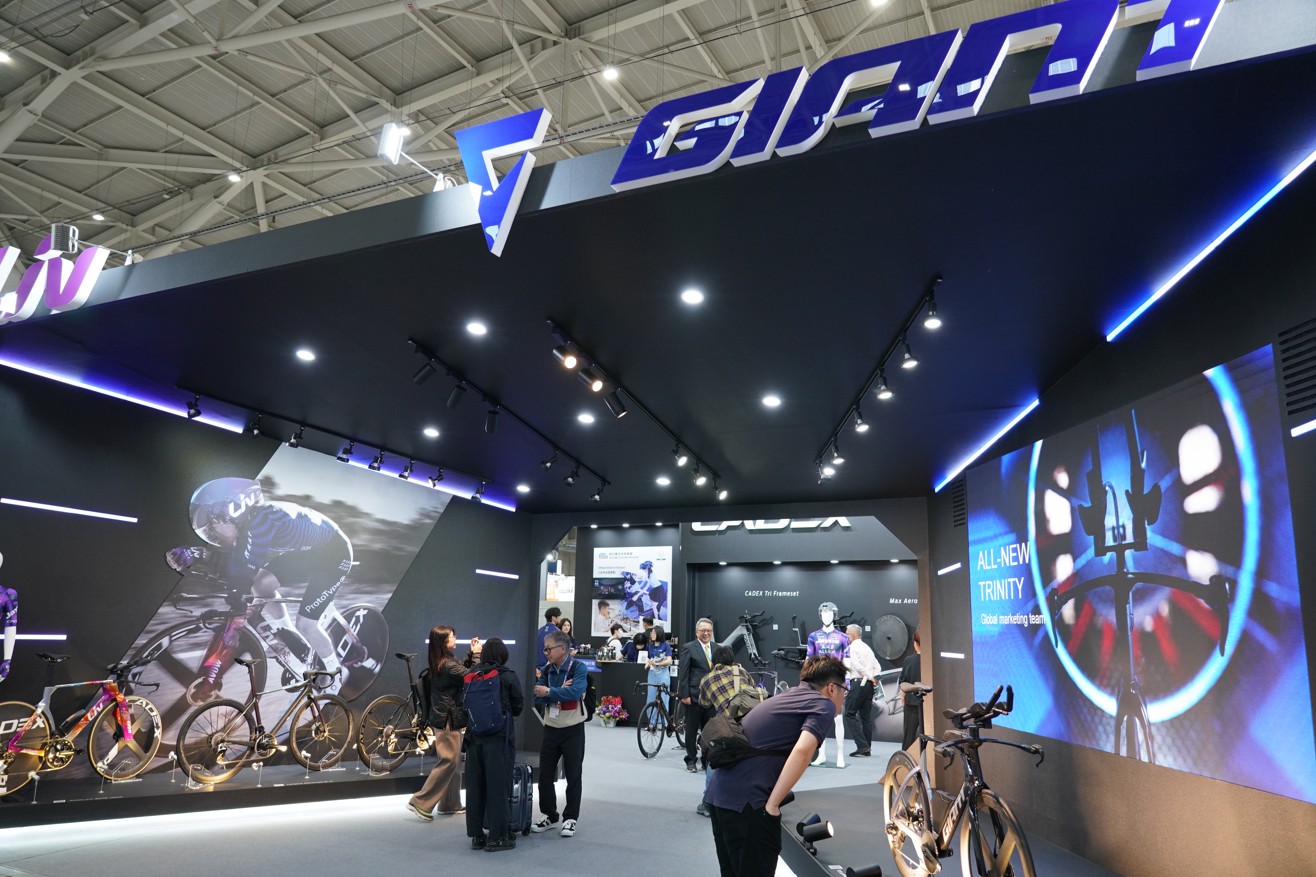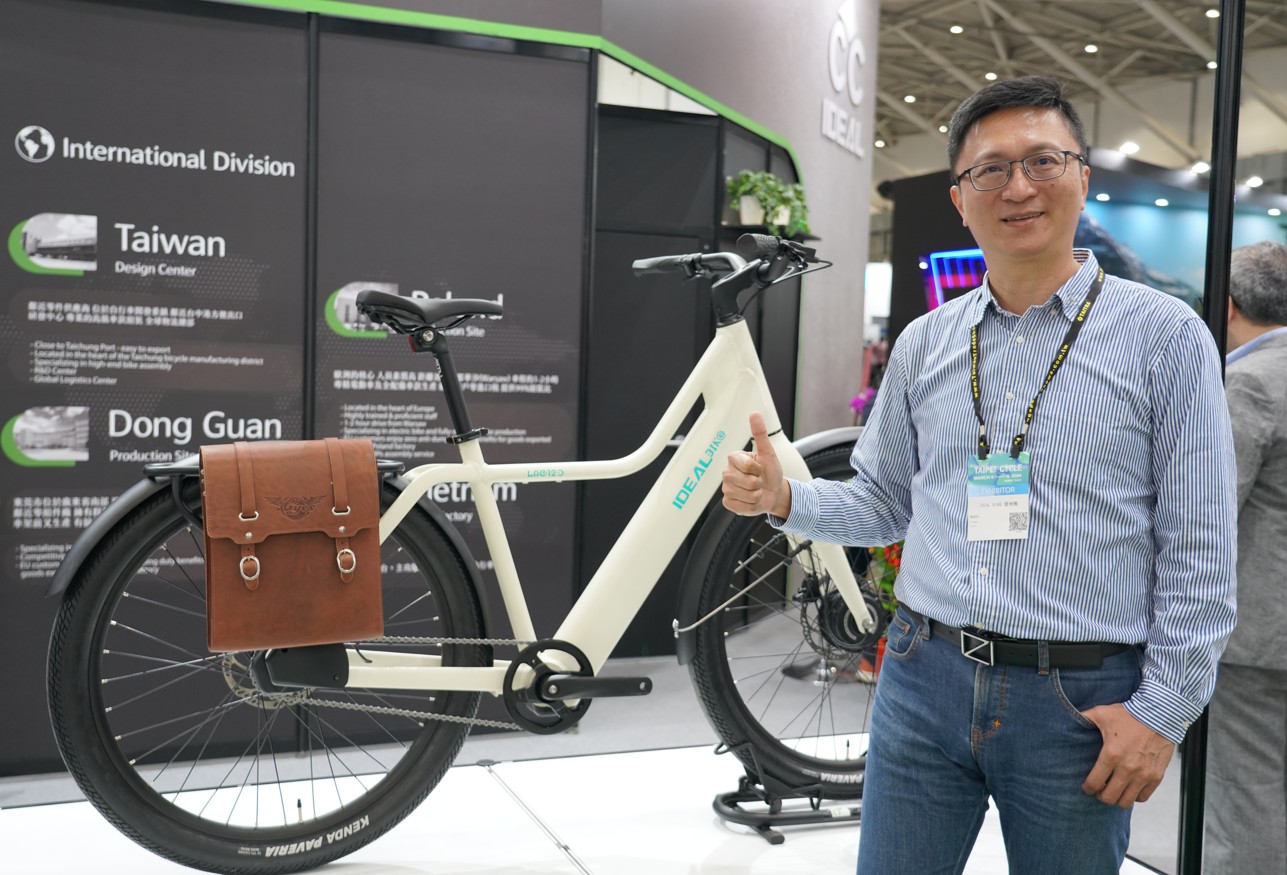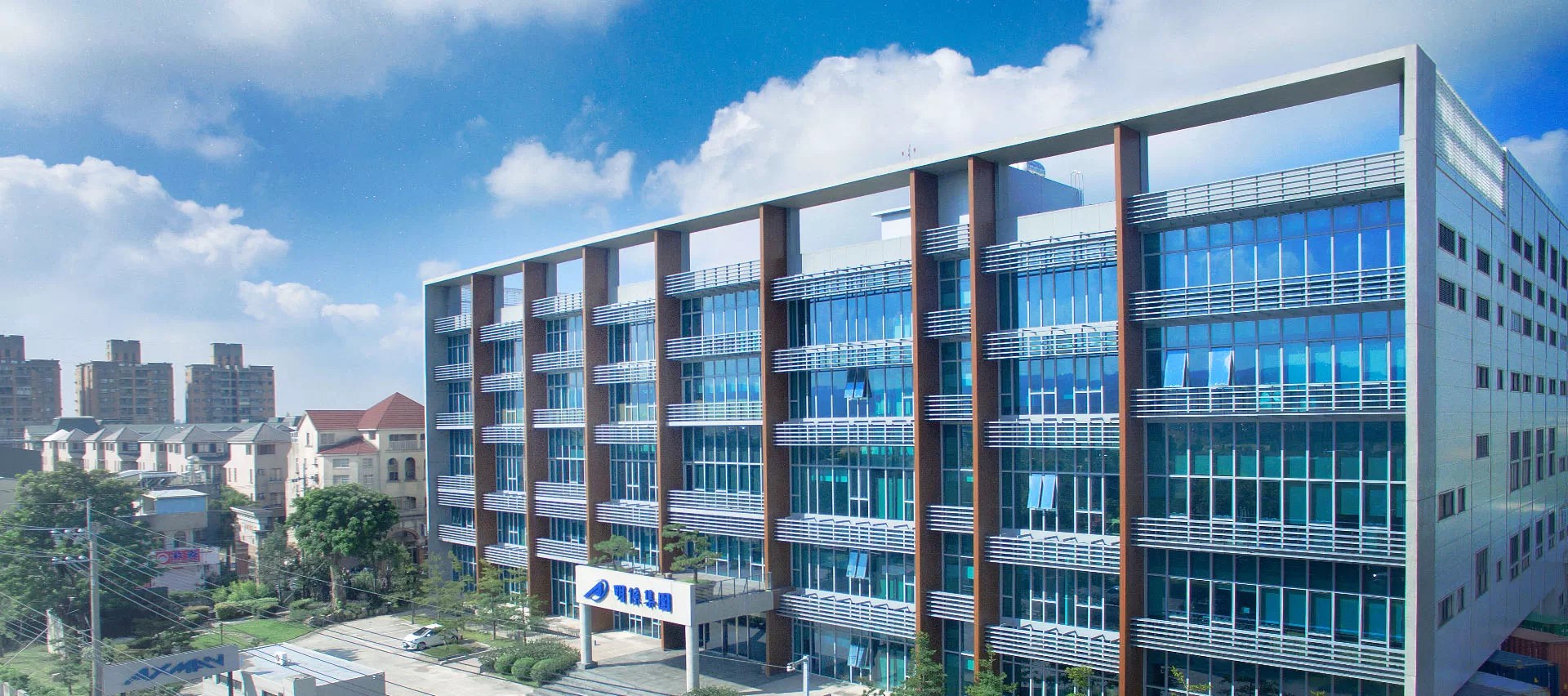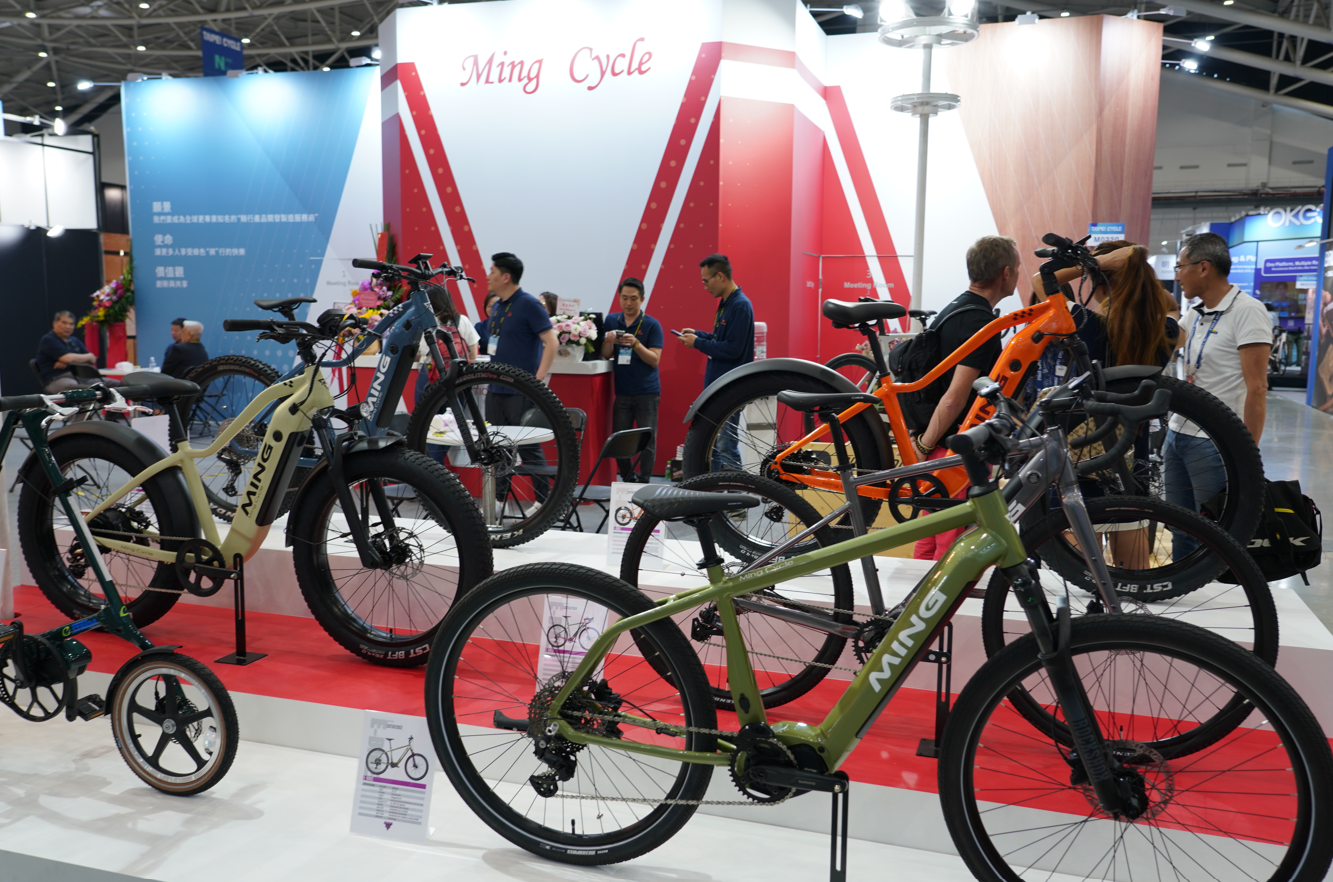Text & Photos: Daphne Chen (Wheel Giant)
As of April 10, the U.S. has temporarily suspended reciprocal tariffs on Taiwanese imports and is instead imposing a 10% baseline tariff until July 9. With import costs expected to rise sharply after this deadline, many American importers are scrambling to place orders and replenish stock in hopes of reducing future costs. However, companies still sitting on high inventory levels are not in a hurry to restock during the 90-day grace period, and many players in the market are taking a wait-and-see approach.
Some Taiwanese bicycle manufacturers report that they are currently expediting shipments due to clear instructions from U.S. buyers: all goods must arrive at a U.S. port and clear customs before 12:01 AM EDT on July 9. If customs clearance is not completed in time, reciprocal tariffs—up to 32% for Taiwan—will be reinstated. Several component makers have received rush orders and are working overtime to meet the deadline. Below is a summary of the current situation based on Wheel Giant interviews with five Taiwanese assemblers:
Giant Group: No Rush Orders Yet, Risk Remains Manageable
Giant Group has not received urgent shipment requests from its U.S. clients, nor has it initiated any expedited production or exports. The company notes that the U.S. accounts for about 9% of its global revenue in 2024. With a well-diversified global market, the overall business risk remains under control. In response to Specialized and Trek announcing price hikes, Giant Group officially raised the retail prices of all models in the U.S. market by 10% starting May 1.
Merida: Tariff Costs Absorbed by Clients
Merida reports that the U.S. market contributes around 10% to its total revenue. Previously, U.S. import tariffs on its products were based on tire width—5.5% for road bikes (under 28mm) and 11% for wider models. Clients with existing inventory have asked to delay shipments, but since Merida mainly produces new bikes, only a small portion has been postponed. As Merida’s export pricing is based on FOB terms, the tariffs are borne by U.S. importers, who are currently absorbing the costs.
Ideal Bike: Accelerating Shipments, Tariff Costs on Clients
According to GM Chen, Ideal Bike exports around 25% of its Taiwan production to the U.S. market. Customers have requested faster deliveries before the end of the 90-day window. To meet the requirement that all goods must clear U.S. customs before July 9, Ideal is scheduling shipments for early June. The company uses FOB pricing, meaning the 10% tariff is the responsibility of the customers. While some clients are passing the cost on to consumers, others are trying to negotiate for price reductions. Discussions are still ongoing.
Axman: Full-Speed Production to Meet Deadline
Axman states that about 30% of its sales come from the U.S. market. American clients have insisted that orders must ship and clear customs before the July 9 deadline to avoid the 32% reciprocal tariff. To meet this deadline, customers are requesting shipments by the end of May. Axman is now working intensively to adjust its production schedule. Negotiations over the 10% baseline tariff are still underway.
Ming Cycle: Clients Absorbing 10% Tariff
Ming Cycle, which derives around 20% of its business from the U.S., reports that customers are urging the company to ship all orders that can be completed within the 90-day window. This proactive stocking aims to avoid the steep tariffs expected after July. The company says that its clients are currently absorbing the 10% baseline tariff themselves.












